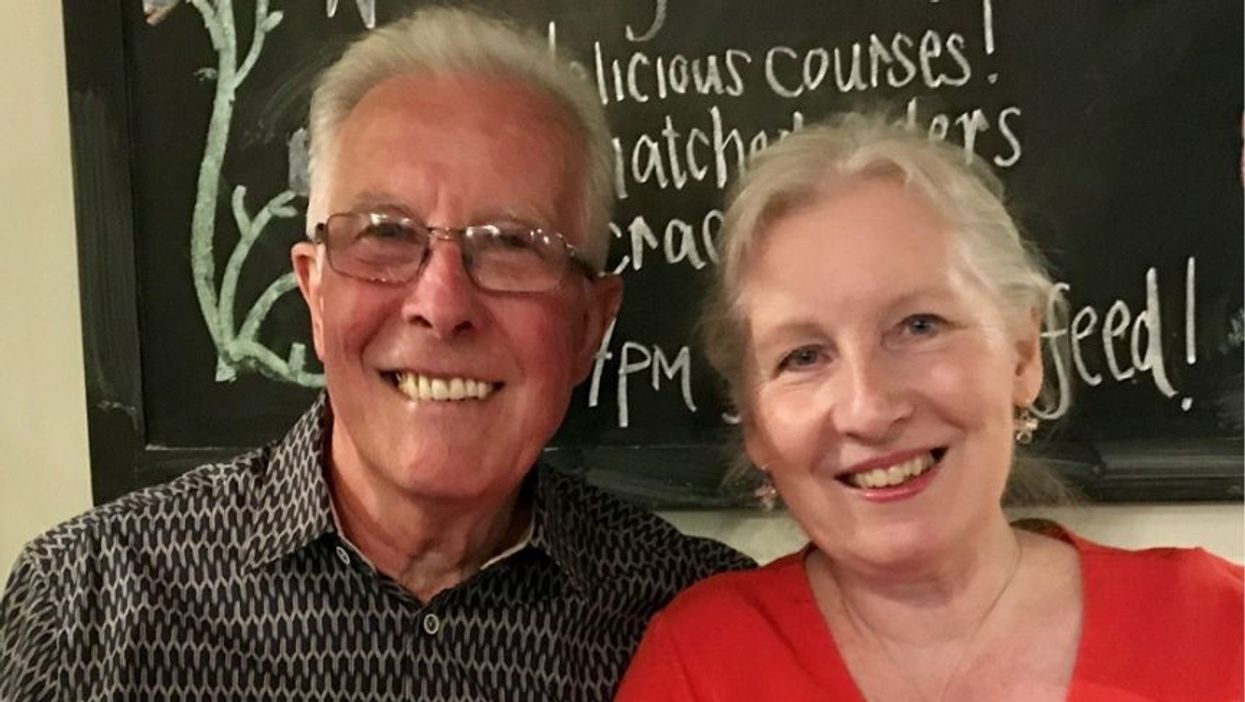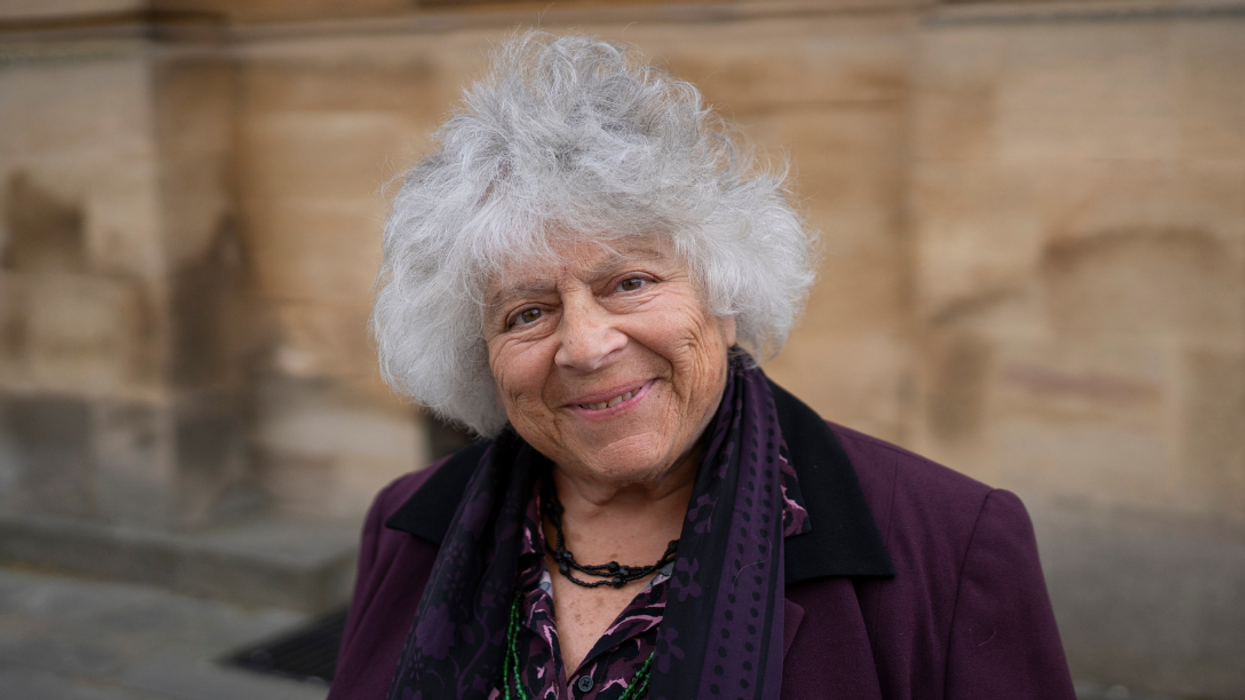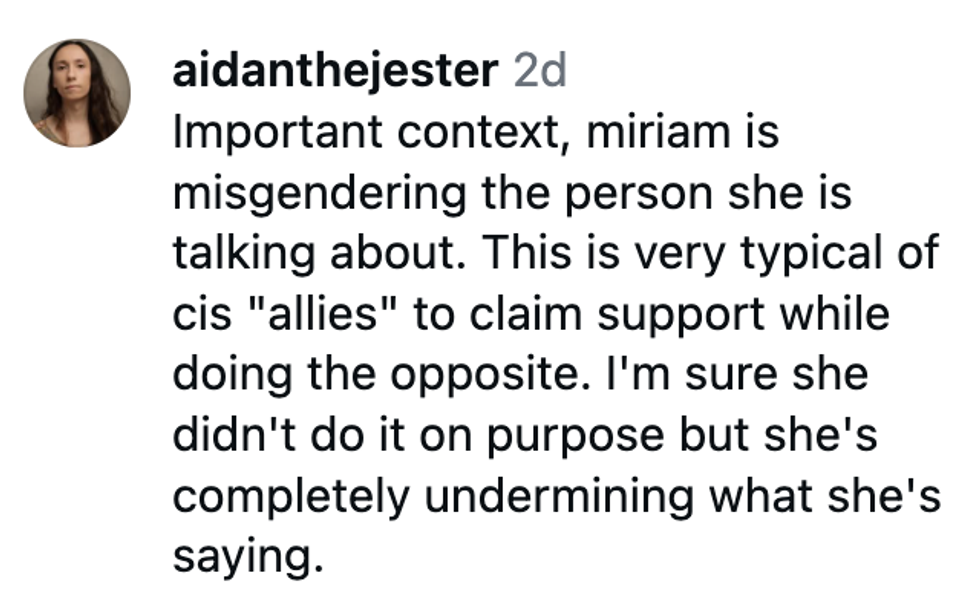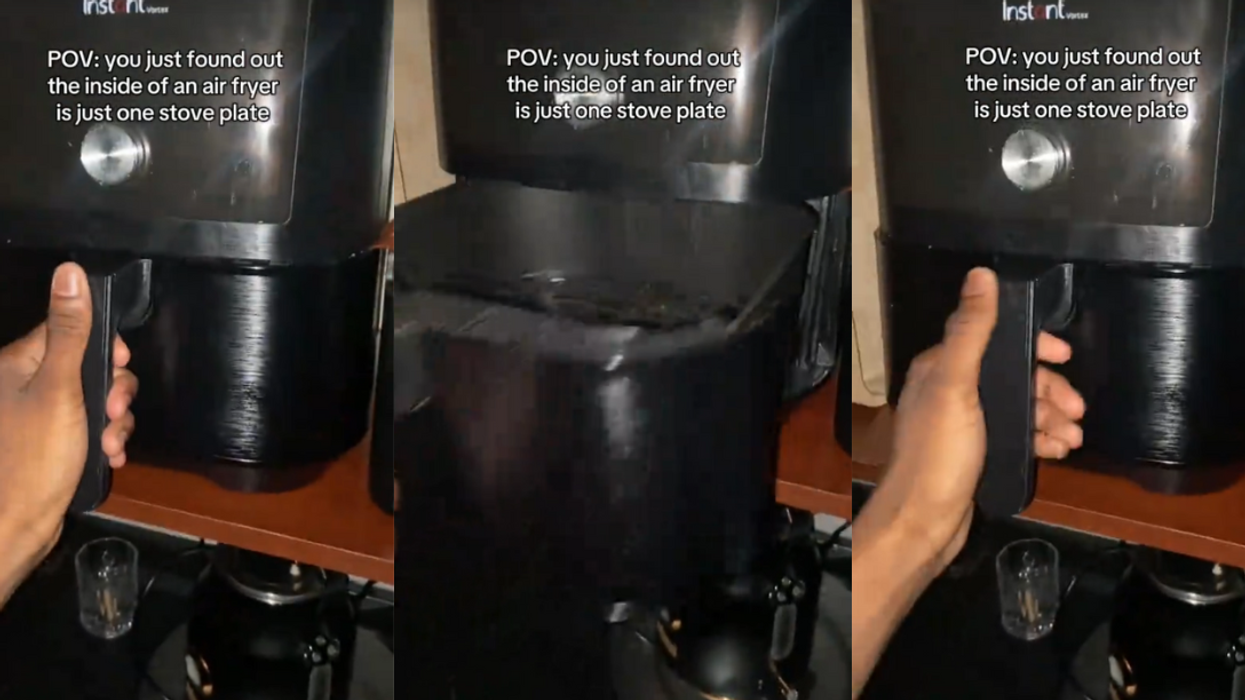A woman has spoken of her horror at going from fit and healthy to terminally ill in the space of a holiday weekend after her persistent hiccups turned out to be a rare sign of pancreatic cancer.
Leading up to the weekend that changed her life forever, Val Pettifer seemed perfectly healthy, often remarking that she felt much younger than her age, as her 70th birthday was approaching.
In fact, the only signs of the large malignant tumor that had been silently growing in her pancreas were bouts of hiccups and the odd episode of bloating.

But then, on 2019's May Day Bank Holiday, she was struck with agonizing abdominal and back pain, and rushed to E.R.
There, a string of tests were performed which eventually revealed that, shockingly, Val, who lives near Cambridge with her husband Dave, 76, has incurable stage three pancreatic cancer.
Val, who is set to begin a six month course of chemotherapy, which doctors have warned may only extend her life for 15 to 18 months, said: “I still can't quite believe what has happened, that I was walking around with this ticking time bomb growing away silently."
" I'm not ready to leave everyone. I still feel like a young woman at heart."
–Val Pettifer
She added: “I'll admit I am afraid of what's to come, and I'm not thinking about the end just yet. I'm not ready to leave everyone.
“I still feel like a young woman at heart. Still, every extra day I have makes me thankful to wake up and still be here."
Val, who has three children and three step-children, who she does not wish to name, told how she has no family history of pancreatic cancer, and displayed none of the more widely known signs such as unexpected weight loss, jaundice or nausea.

In fact, the only slightly out-of-the-ordinary symptoms she can pinpoint are bouts of hiccups, that first started in around 2017, but became more frequent in the year leading up to her diagnosis, as well as occasional bloating and indigestion.
Initially, after noticing her hiccups would often be triggered after eating bread when hungry, she wondered if they were due to an intolerance, even switching to gluten-free alternatives – which made no difference.
“As soon as I swallowed the first mouthful of bread, I'd hiccup, then every subsequent mouthful, the same thing would happen," she said. “Sometimes they were so violent, I'd abandon the sandwich. I tried gluten free bread, but the same thing happened."
She continued: “I also have a small hiatus hernia – when part of your stomach moves up into your chest – which I have had for 50 years, so I thought perhaps that could be the cause too.
“The hiccups first started in about 2017, but were only very occasional.
“They got more frequent in the year leading up to the diagnosis, but still – who would ever connect hiccups to pancreatic cancer?"

According to Cancer Research, hiccups can occur in patients when the stomach becomes extended and bloated, or a tumor is pressing on the diaphragm – both of which were happening in Val's case.
“The symptoms were all so mild that they weren't enough to go to the doctors with," she continued. “Even if I'd gone and said I get hiccups and sometimes bloat, I doubt that would have got me referred for any tests or scans.
“The trouble with pancreatic cancer is that there's no real screening for early detection. In fact, pancreatic tumors don't normally cause many noticeable symptoms at first, so by the time they do, it can be too late."
But then, as the Bank Holiday on Monday 6 May, 2019 approached, Val, who previously worked as a skills trainer in the electronics industry, before retiring in 2009 and setting up her own art studio business, started experiencing diarrhea and abdominal pain.
On Friday May 3, she decided to visit the GP, just to be on the safe side. There, it was suggested that she may have diverticulitis, a digestive condition affecting the bowel.
“I was given some antibiotics and told that if the pain gets too bad to go to A&E (the E.R.). It sounds strange but I felt like I almost had permission then to go seek help if needed," said Val. “By the Sunday, the pain has escalated and moved up to my back. It was this non-stop searing – nothing made it better, and I just couldn't get any rest."
So, on Bank Holiday Monday, Val and Dave, who previously worked as a cable jointer but now, having retired, volunteers at a museum, headed to Addenbrooke's Hospital in Cambridge.
There, she was examined and a blood test and urine sample were taken, the latter of which revealed small traces of blood, which medics initially took to indicate that she had kidney stones.
Next, a CT scan was performed to further investigate what was causing the pain.

“About an hour later, I was told that a surgeon wanted to see me," said Val. “At the time, I thought, 'That makes sense. If it is kidney stones I may need an operation.' At that point, I still wasn't alarmed and had no reason to suspect anything really sinister.
“But then I was taken into a private room, and examined. There, the mood changed and I could almost sense something was coming – something that wasn't good.
“The doctor then told me that a mass had been found on my pancreas. With that, Dave just broke down. I said, 'It's not good, is it?' and the doctor replied, 'I'm afraid not.'"
After staying in overnight, Val had another CT scan the following morning – this time, with a special dye injection to help improve the quality of the images.
She continued: “After the scan, I was back in my room when a crowd of about eight medics came in, and asked my husband to take a seat, which is never good news. For the first time, they referred to the mass as a tumor and told me I needed a biopsy to find out if it was malignant or benign.
“They also said that, as it had wrapped around various arteries and nerve bundles, it was inoperable. Hearing that was just my worst nightmare come true, but strangely, I wasn't really feeling emotional – I was still clinging onto the hope that the tumor would be benign, or they'd work out there was something to be done after all."
Sadly for Val, who was allowed home for one night to celebrate her 70th birthday on May 15, but otherwise remained in hospital as she was in so much pain, the results of the biopsy revealed that the 5cm by 3.8cm adenocarcinoma tumor – the most common type of pancreatic cancer – was indeed malignant.
Speaking of her bittersweet birthday, she said: “I was allowed out of hospital after the second scan but was re-admitted after three days – the pain was just too intense.
“But going home for my birthday meant I could celebrate with the family in my own home. It was so good to be able to get out of hospital and be home for the night – but I went back the next morning, where my bed was waiting for me on the ward."
Classed as stage three advanced, Val's tumor has not spread to any other organs at present, but its precarious position renders it inoperable.
“It was so big that doctors told me it must have been growing for quite some time – yet I'd had no idea. That's why they call pancreatic the silent cancer," she said.
From there, Val was told that she could have chemotherapy, but that this would be to extend her life, not cure her.
She added: “When chemotherapy was first offered, I didn't know anything about my prognosis. I researched lots about the side effects, and they sounded really quite extreme.
“I did have to ask myself whether I wanted to go through that. If I only had a few months either way, would I want to be frail and poorly, or would I want to retain some quality of life?
“But when I spoke to the doctor, I was told that, without chemo, I'd have less than six months, whereas with it I could have between 15 and 18. It's still not enough, but it's better."
Now, Val is set to begin chemotherapy, of which she will have 12 cycles, lasting six months. She has been warned to expect side effects such as hair loss, fatigue, nausea and mouth ulcers. If the treatment shrinks the tumor enough, revisiting the idea of surgery to buy her more time could be an option in the future, but for now, she is determined to do all she can to stay positive.
Since her diagnosis, she has been supported by the charity Pancreatic Cancer UK, for whom she has also been raising money to contribute to vital research.
By sharing her story, she hopes to raise awareness of the disease and call for early screening to be introduced to help others get a diagnosis before it is too late.
She said: “More research desperately needs to be done to help with early detection. We have come a really long way with other cancers, and have screening for things like breast and prostate, but nothing for pancreatic. Long term, I am not going to survive this, but I hope changes come for people in the future.
“I still find it hard to believe this is happening. Sometimes, I feel well and can almost forget about it – then I get a twinge or ache, and it brings it all home.
“Still, I have never been a panicker, and prefer to look at the positives. I never imagined this would happen to me, but with my great circle of friends and the support of my family, I still have a lot to be thankful for."

Dianne Dobson, Specialist Nurse at Pancreatic Cancer UK, said: “Hiccups aren't recognized as one of the common symptoms associated with a diagnosis of pancreatic cancer, unlike tummy and back pain, unexplained weight loss and changes to bowel habits.
“Some patients may experience hiccups associated with their treatment or in the later stages of the disease. Pancreatic cancer can be particularly hard to diagnose because symptoms are often vague and can vary from patient to patient.
“You can find out more about symptoms on the Pancreatic Cancer UK website and if you are concerned about any symptoms affecting you, we would suggest that you discuss these with your GP."
Pancreatic Cancer UK's Support Line is a lifeline for thousands of people affected by pancreatic cancer. Specialist nurses understand the issues you might be facing and their expert help and advice will support you in coping with the disease. 0808 801 0707 weekdays 10am-4pm nurse@pancreaticcancer.org.uk For more information about Pancreatic Cancer UK, please visit www.pancreaticcancer.org.uk




























 replying to @elonmusk/X
replying to @elonmusk/X replying to @elonmusk/X
replying to @elonmusk/X replying to @elonmusk/X
replying to @elonmusk/X replying to @elonmusk/X
replying to @elonmusk/X
 Barry Manilow/Facebook
Barry Manilow/Facebook Barry Manilow/Facebook
Barry Manilow/Facebook Barry Manilow/Facebook
Barry Manilow/Facebook Barry Manilow/Facebook
Barry Manilow/Facebook Barry Manilow/Facebook
Barry Manilow/Facebook Barry Manilow/Facebook
Barry Manilow/Facebook Barry Manilow/Facebook
Barry Manilow/Facebook Barry Manilow/Facebook
Barry Manilow/Facebook Barry Manilow/Facebook
Barry Manilow/Facebook Barry Manilow/Facebook
Barry Manilow/Facebook Barry Manilow/Facebook
Barry Manilow/Facebook